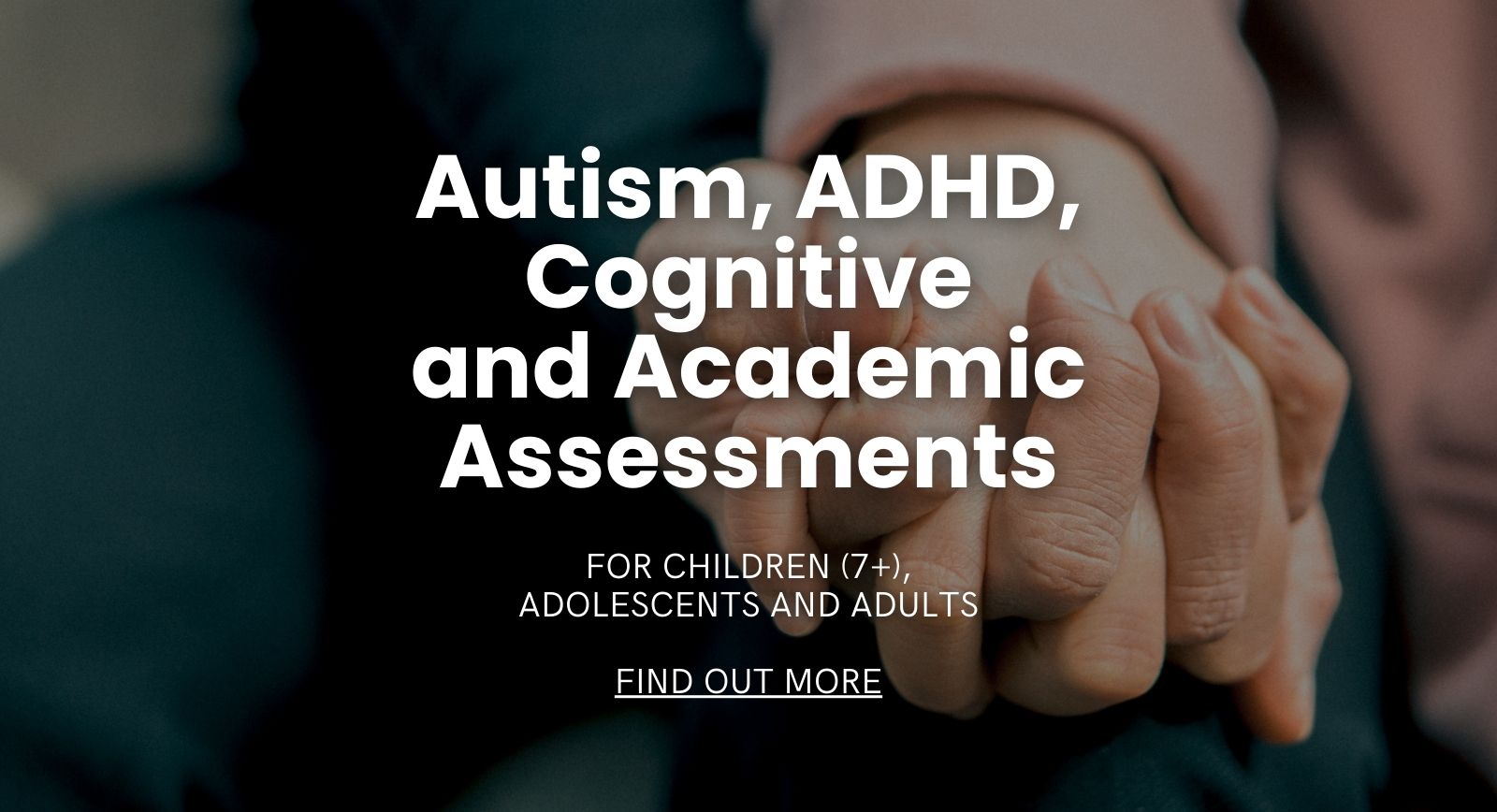Bullying
Challenge
Does your child want to skip or change schools?
Are you noticing sudden changes in behaviour, mood or temperament?
Do you worry that your child is being bullied, or that they are bullying others?
Is your child's anxiety and fear impacting their sleep and diet?
When children are bullied, they do not feel safe within their environment — typically in school, but also possibly in co-curricular activities, within friendship groups, or by family members. Bullied children may become withdrawn, afraid, might lash out within safer environments, become afraid of school, become a bully themselves, or be manipulated into doing certain things. School avoidance may arise, as school is seen as hostile or threatening. They also may be tricked into doing things that they may see as helping their situation, but will only reinforce it. According to the Make Bullying History Foundation, three in five students have experienced bullying, and 80% of students claim it's a serious problem in their school. With the rise of social media, cyberbullying has also become a significant issue. Constant bullying can lead to mental illnesses such as anxiety and depression, as well as school refusal. It can be difficult to know how to help your child during this time. Though bullying is a relatively common occurrence in school, it is important that your child knows they're not alone, and has help to develop strategies for how to manage these situations.
Options
There is hope. With time and skill development, children can learn there are things that they can do for themselves, that can help protect them from bullying, teasing, and other issues with people or school peers. Your child does not need to feel stuck, helpless or alone. It's important they feel loved and supported during this time.
There is a lot that can be done to help your child cope and overcome bullying. On top of therapies such as mindfulness and relaxation, children can be taught to become more assertive — as opposed to being passive (the person being bullied) or being aggressive (the bully). Role-play for practicing new skills such as setting clear, healthy boundaries, can be helpful. Many fun and interactive programs can be used in therapy that focus on bullying and keeping children safe. Congratulations in taking steps to protect and support your child.

